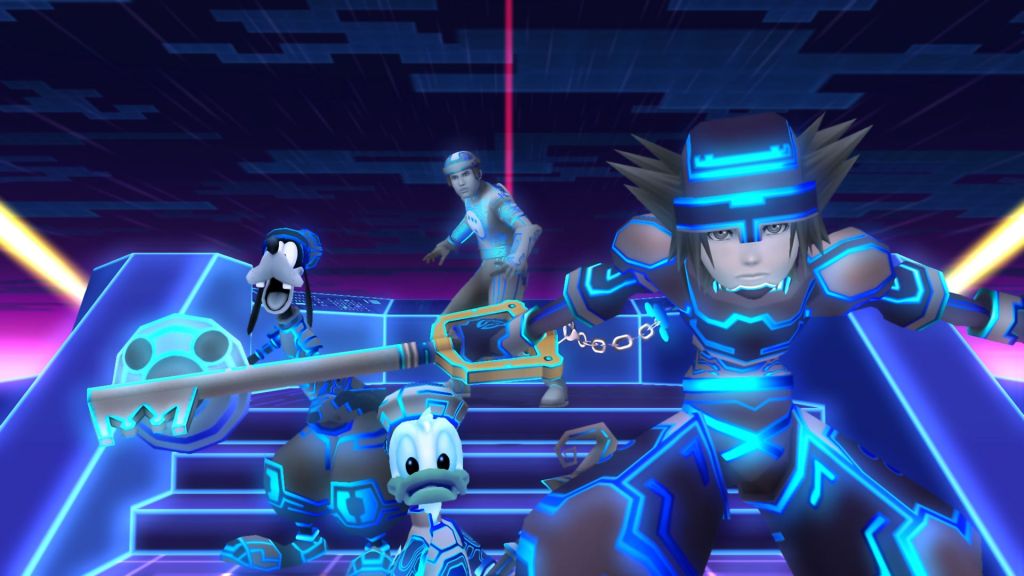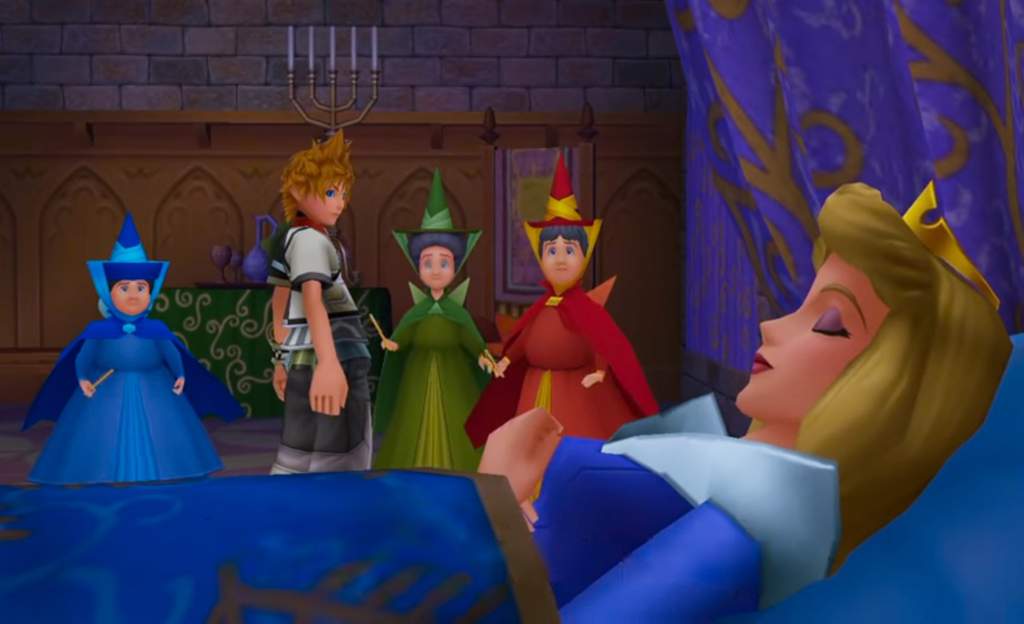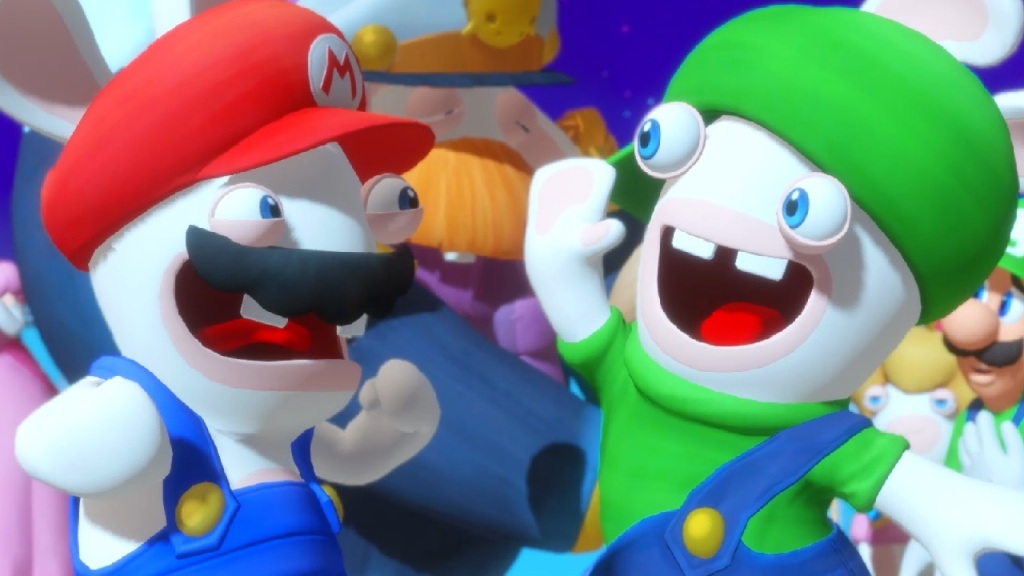
Japanese composer Yoko Shimomura was born in Hyōgo Prefecture in 1967 and before she was old enough to even go to school she began taking piano lessons and even quickly began composing her own music. When she was an adult, she attended Osaka College of Music where she graduated as a piano major with the intention of becoming a piano instructor. But video games altered her future plans when she learned that several video game companies were looking to recruit young musicians out of Osaka College of Music. Yoko Shimomura was an avid gamer herself and she jumped at the chance to apply, sending some samples of her work to some of the major developers. That was what led to Capcom offering her a job.


The first video game Shimomura composed for was Samurai Sword (1988), followed by Capcom’s arcade beat-’em-up Final Fight (1989), the NES platformer Code Name: Viper (1990) which was a game about a special forces operative fighting a South American drug war, and the Ghosts ‘n’ Goblins spin-off Gargoyle’s Quest (1990) for the Game Boy. But the arcade fighting game Street Fighter II (1991) was the most significant turning point for her career as that game became the most popular arcade game since the era of Pong and Pac-Man, eventually becoming one of Capcom’s biggest hits. The exotic music Shimomura composed for each of the international locales where characters like Ryu and Chun-Li raised fists is forever burned into the brains of many gamers from the nineties.

Around the mid-nineties, Yoko Shimomura opted to leave Capcom and join the video game developer Square instead. Square was popular for role-playing games like Final Fantasy and Shimomura had more of an interest in composing classical music, which fit a lot better with the style of fantasy games. For Capcom’s part, they made RPGs too, including Breath of Fire (1993) for the Super NES, but Shimomura was relegated to Capcom’s arcade department and was unable to transfer to the console department to compose for Breath of Fire.
Shimomura’s first work for Square was the 1994 RPG Live A Live released exclusively in Japan for the Super Famicom. Live A Live is a game that followed seven different scenarios across multiple time periods, and Shimomura’s musical style complimented each of those time periods in beautiful fashion. While she finally got what she wanted at Square, Live A Live‘s soundtrack was more ambitious than any of the soundtracks she had ever written for Capcom up to that point and the learning curve was challenging at first, but the more she wrote the easier it became, and when the game came out, the soundtrack was well-received and full of many great and varied compositions from the lively “Kiss of Jealousy” to the Western-influenced “Wanderer” to the dramatic pipe organ-fused “Armageddon.”

Other games Shimomura composed for Square include the tactical mecha RPG Front Mission (1995), which was another Japan exclusive for the Super Famicom and a musical collaboration with fellow composer Noriko Matsue; Super Mario RPG: Legend of the Seven Stars (1996) for the Super NES, which was Mario’s first foray into the role-playing genre and the biggest milestone in Shimomura’s career since Street Fighter II; survival horror RPG Parasite Eve (1998) for the PlayStation; and Legend of Mana (1999), the fourth game in Square’s Mana series which received considerable acclaim partly because of Shimomura’s soundtrack. A soundtrack Shimomura considers to be one of her favorites and the best expression of herself. Her emotion-filled work on Legend of Mana was also her first to feature vocals, with Swedish singer Annika Ljungberg being heard in the game’s opening theme “Song of Mana.”



Yoko Shimomura’s most famous work would have to be with the Kingdom Hearts series. A series of games that was first introduced on the PlayStation 2 in 2002. While most of the songs in the Final Fantasy/Disney crossover were Shimomura’s original compositions, she also incorporated a few Disney melodies into the soundtrack, including Jimmie Dodd’s “The Mickey Mouse Club March,” Alan Menken’s “Under the Sea,” Danny Elfman’s “This Is Halloween” and Richard and Robert Sherman’s “Winnie the Pooh” as well as the Sephiroth theme song “One-Winged Angel” composed by Nobuo Uematsu for Final Fantasy VII. The music for Kingdom Hearts is often praised as one of the best elements of the game, and Shimomura has stated that the soundtrack is special to her, despite being an initially challenging project due to the clashing styles of Square and Disney making it hard for her to settle on a musical tone, but her composition talent spanned a range of tones from joy to sorrow to darkness and it was a good fit for the game. Shimomura’s music, along with Hikaru Utada’s vocals, made the game’s soundtrack popular worldwide.



Yoko Shimomura would leave Square the same year that Kingdom Hearts was released to be a freelancer. But she returns to the series regularly and enjoys composing for it. She also returned to the world of Mario RPGs when Nintendo hired her as the primary composer for the Mario & Luigi series, which was first introduced on the Game Boy Advance in 2003 with Mario & Luigi: Superstar Saga and features some of her most charming and catchy work. She also contributed to the soundtracks for Monolith Soft’s action RPG Xenoblade Chronicles (2010) for the Wii, Capcom’s handheld RPG fantasy Last Ranker (2010) for the PlayStation Portable (PSP), another handheld RPG called Radiant Historia (2010) developed by Atlus for the Nintendo DS, HexaDrive’s role-playing shooter The 3rd Birthday (2010) for the PSP which is the third entry in the Parasite Eve series (that soundtrack was mostly handled by Mitsuto Suzuki and Tsuyoshi Sekito due to Shimomura’s busy schedule), Square Enix’s Final Fantasy XV (2016) for the PS4 and Xbox One and Ubisoft’s Mario + Rabbids Sparks of Hope (2022) for the Nintendo Switch which she composed along with Grant Kirkhope and Gareth Coker.



Her work with Nintendo’s fighting game crossover Super Smash Bros. is also well known with gamers. For that series she arranged and remixed pre-existing compositions for her own games, including Street Fighter II, Mario & Luigi: Partners in Time, Mario & Luigi: Dream Team and Kingdom Hearts, as well as songs from Tetris, Kirby’s Dream Land, Earthbound Beginnings, Pokémon Black/White, The Legend of Zelda: Breath of the Wild, Banjo-Kazooie, Fatal Fury 2, Minecraft, Final Fantasy VII and Tekken 7. Plus she not only composes for games. Shimomura occasionally composes for anime too. Including the 2017 film Napping Princess and the 2018 TV series Hi Score Girl.
No matter where I hear her music, it is always welcome to my ears. And she has a recognizable style and a good sense for setting a mood with an emotional cue. This may be because she has stated that she cannot compose a tune without first feeling the emotion she intends to convey with it first. Some people can just translate their feelings into music perfectly, and I have no idea how because I have no musical talent, but Yoko Shimomura is one of the musicians who I am most in awe of, because she manages to do this so well. Those games would not be the same, and would not reach the same emotional heights, if not for her music.

